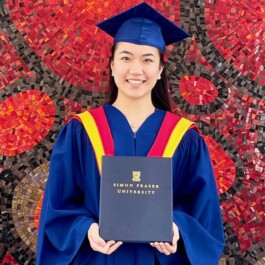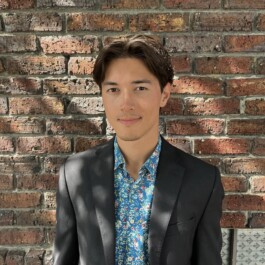


It is our pleasure to introduce some former VJLS students to you -- more profiles will be coming soon so please come back to visit.
And if you are one of those former students, we would love to hear from you, no matter where you are, how long you were at the school, or what you are doing now.

As a half-Japanese, half-Taiwanese growing up in Canada, I was always asked if I “knew” Japanese. My quick response was yes but my heart responded no because I strongly believed that there was never an end to knowing a language.
My journey at Vancouver Japanese Language School started at the age of three. From playing princess in Japanese to becoming a real one wearing the furisode kimono at graduation, this school has been a significant part of my life.
My fondest memory of all was a breakthrough I experienced during my time as Student Council President. Every Saturday before class, we fundraised for the school by selling Japanese snacks. It may not sound like a difficult task but this experience has brought my Japanese competency and confidence to the next level. Until then, I had never imagined how difficult it was to correspond with customers, handle cash, and lead the council members all in Japanese. I was at the point where textbooks were no longer the solution to problems. It was when I knew I had to shift from retrieving Japanese to expressing myself in Nihongo.
In my 15 years of pursuing a second language, it was not an easy journey. However quitting was not an easy option either because from an early age I knew that connecting with my roots was something special. As a graduate of Vancouver Japanese Language School, I hope to stay connected to the school and the Japanese-Canadian community through cultural events. I would also like to interact with current students and hear about their unique journey learning Japanese.
If I am asked today, do you know Japanese? I can confidently reply, “No, I can express myself in Japanese.”
I’m 26, half-Japanese on my mother’s side, and recently moved back to Vancouver after finishing law school in Nova Scotia.
My mom signed me up for the VJLS daycare program when I was 3 or 4 years old. I attended there until I was school-aged, and then enrolled in the Fundamental language program. I took lessons weekly all throughout elementary and high school.
Admittedly, I was never a good student. It took me a long time to pick up hiragana and katakana, and I still only know about 20 kanji characters. But that’s not the fault of VJLS or its teachers - I really just was not a very good student.
My daycare teacher did roll-call every morning. To mark attendance she would say each student’s name, and when your name was called you would respond “はい!” For some reason I never caught on to the fact that we were saying “はい” and not “hi”. So once, instead of responding “はい” I said “Hello”, thinking it meant the same thing. My classmates laughed thinking I was being funny, and I quickly realized my mistake.
Despite my struggles learning the language, I enjoyed attending Japanese school. For 4 or 5 years in a row, I had my language class with the same cohort. Once, we had to prepare a lip sync dance performance to the song “Sekai ni Hitotsu Dake no Hana” by J-pop group SMAP. We performed it in front of the entire school at the year-end assembly. It was horribly embarrassing, of course, but it was an experience that forged a strong bond between me and my classmates.
I volunteered regularly at the VJLS. On Saturdays, me and a few other students operated a kiosk selling Pocky, Hi-Chew, and Collons to fundraise for the school. At the Fall and Spring bazaars I got the opportunity to run serve udon and cook takoyaki, and at the Powell Street Festival I was tasked with making and selling kakigori (shaved ice) to big crowds looking to escape the Summer heat. Volunteering gave me the unique opportunity to connect with and serve the people in my community.
I still cherish the friendships and connections I made at the VJLS. Getting to be a part of the community gave me a deep, life-long appreciation for the history of Japanese people in Canada. The final paper I wrote in law school centred on Tomekichi Homma’s attempt to overturn a law which prevented Japanese people from voting in provincial elections. Homma made it to the highest court in Canada and exposed the way anti-Japanese racism pervaded law and society at that time. While researching and writing that paper, I felt a deep sense of connection and appreciation for the struggles of the Japanese-Canadian community, and made me realize how important it is for institutions like the VJLS to continue to connect and engage the community. I hope to remain a part of this community for decades to come.

487 Alexander St
Vancouver, BC
V6A 1C6 Canada
Tuesday - Saturday: 9am - 3pm
Monday,Sunday:Closed
©2024 Vancouver Japanese Language School and Japanese Hall • Registered Charity: 119281996RR0001 BC Society: S0000334
Located on the traditional, unceded territories of xʷməθkʷəy̓əm (Musqueam), Skwxwú7mesh (Squamish) and səl̓ílwətaʔ /Selilwitulh (Tsleil-Waututh) Nations.
VJLS-JH Policies
Legal & Privacy
Site by Daniel